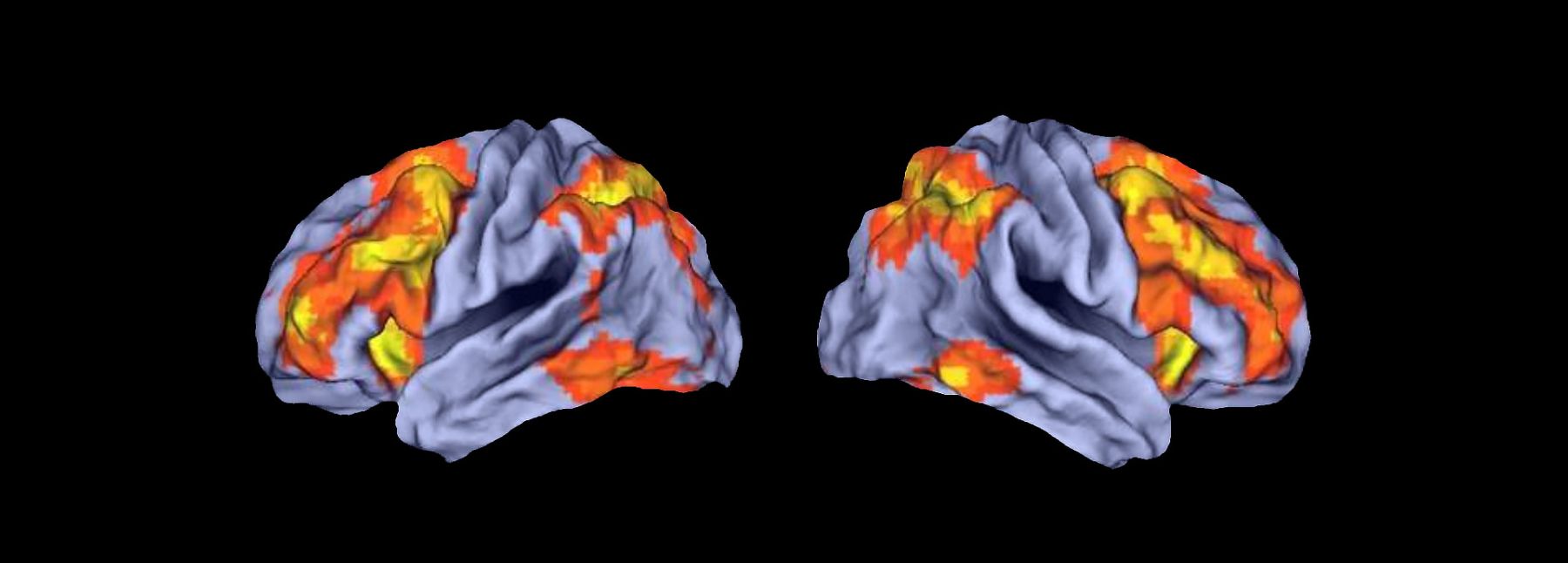The Cognitive Neuroscience research area is focused on understanding how distributed neural networks contribute to key cognitive abilities in humans. The area is comprised of broad faculty interests that include sensory perception, motor action, learning, memory, decision-making, categorization, attention, spatial navigation, and social cognition.
Cognitive Neuroscience researchers employ a range of techniques to study particular cognitive processes, including functional magnetic resonance imaging (fMRI), electroencephalography (EEG), and transcranial magnetic stimulation (TMS).
